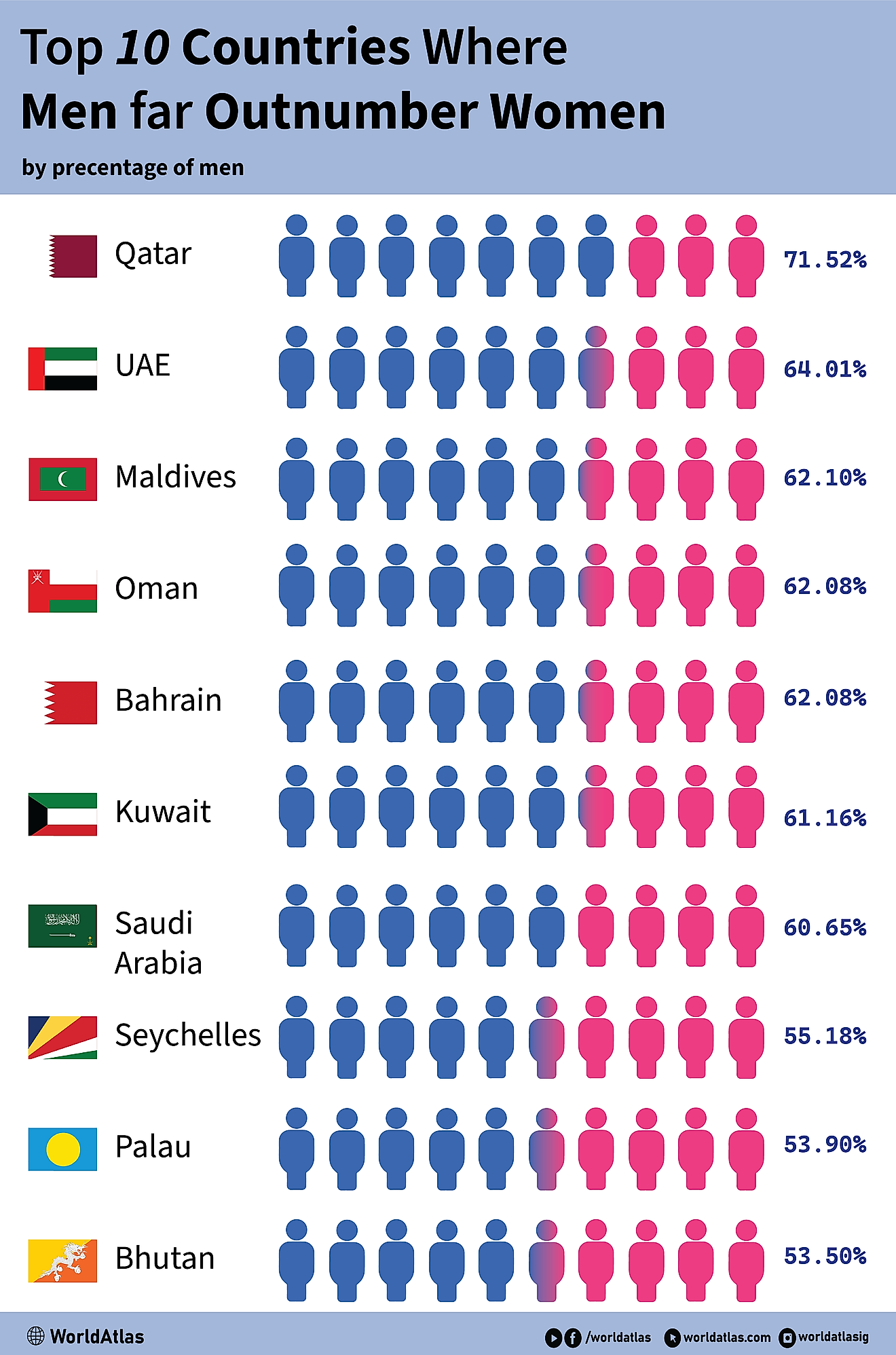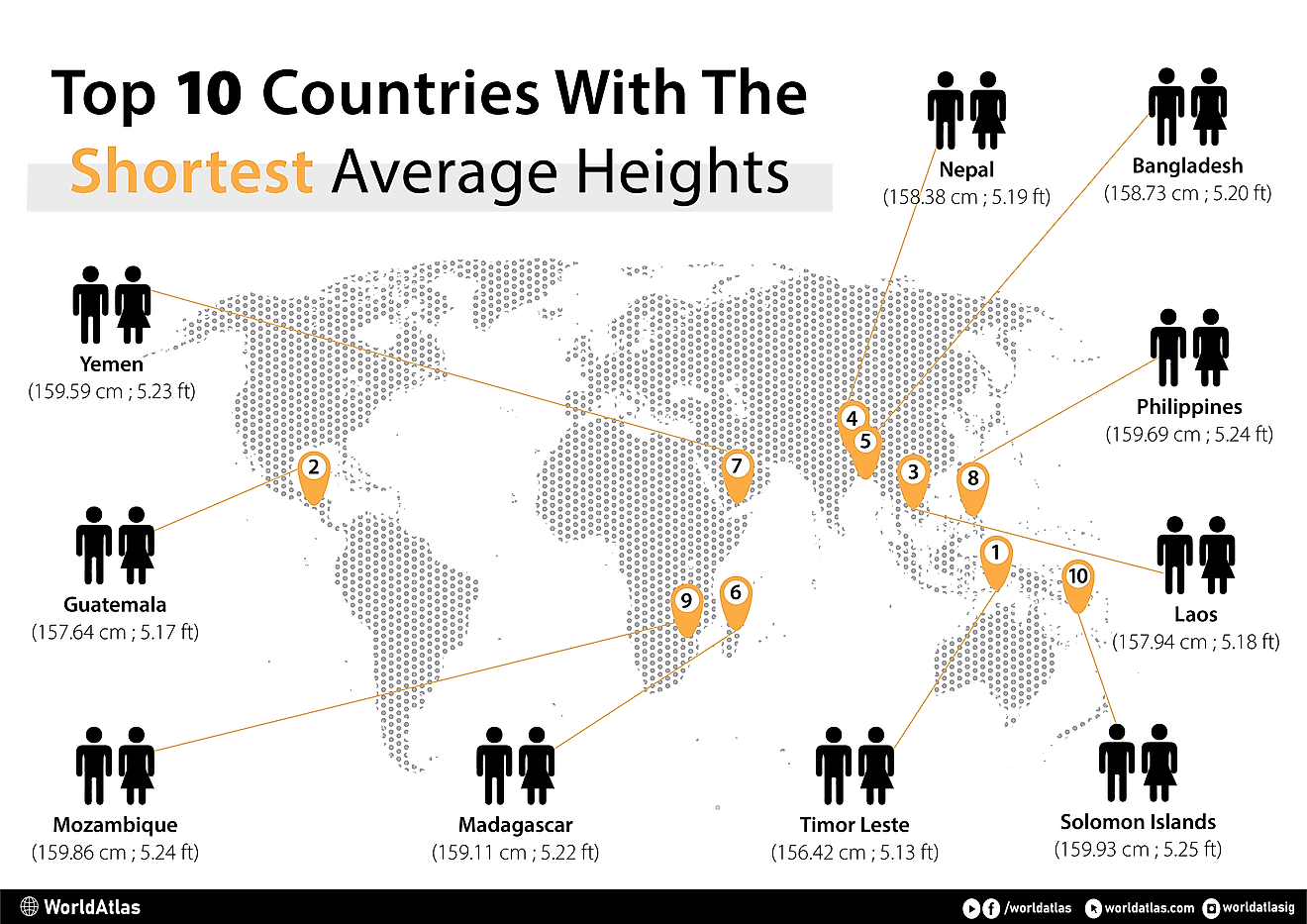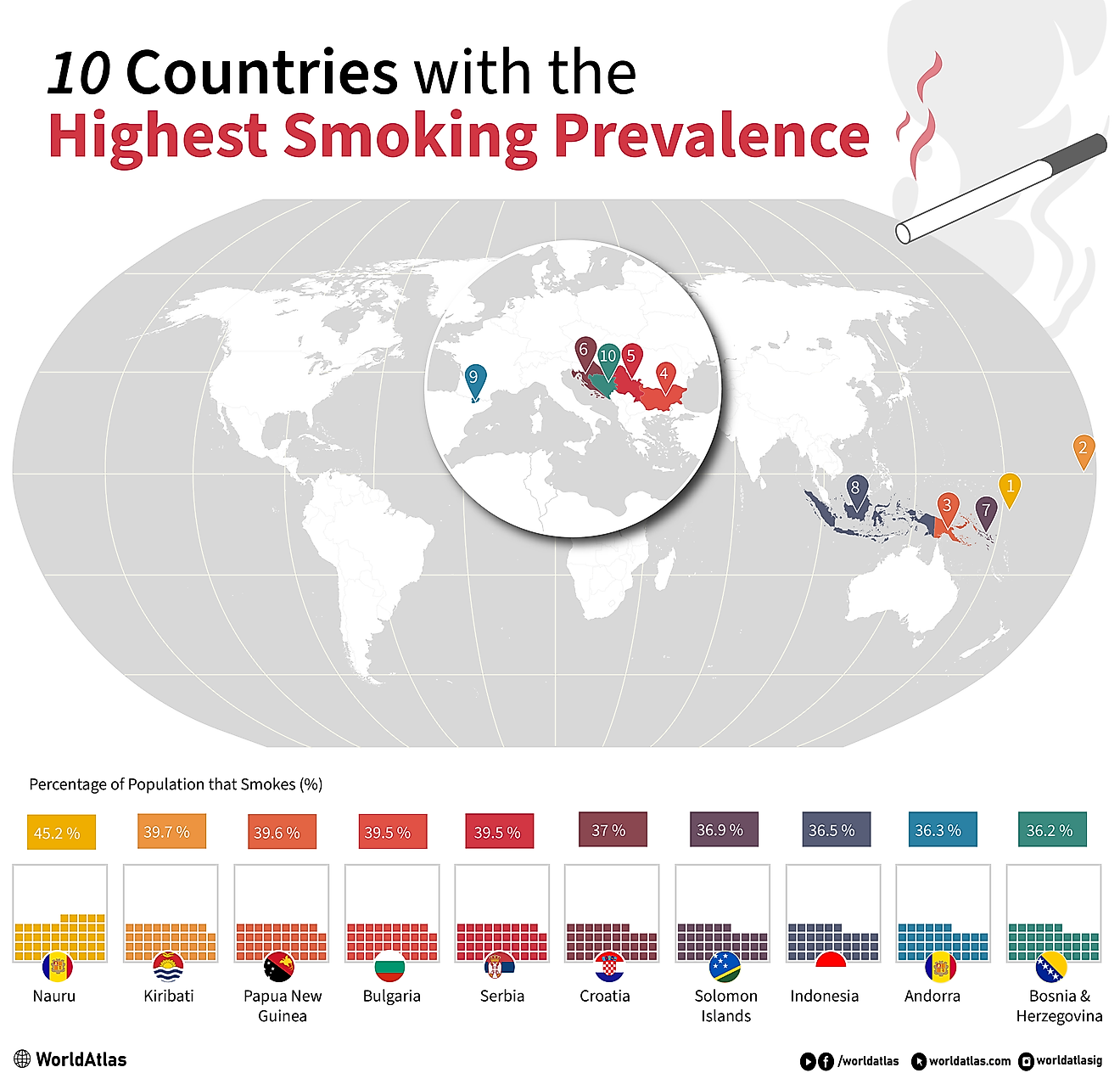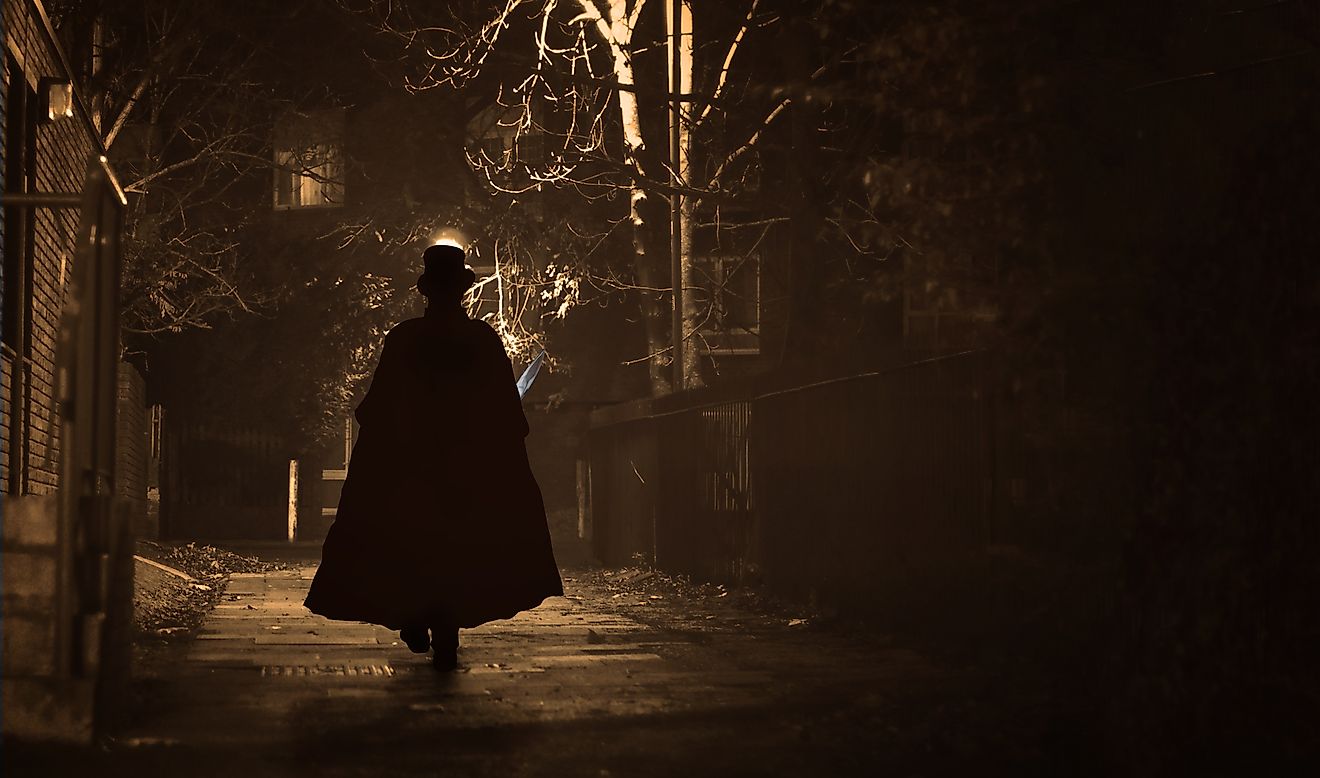Who is Fatou Bensouda?

Born on January 31, 1961 in Gambia, Fatou Bom Bensouda Nyang has lived most of her life with the drive to pursue justice and accountability. As a young girl, Bensouda would sneak into the local courts to follow proceedings after school whilst still wearing her school uniform. From this humble background, she developed an interest in law and grew to become a top Gambian lawyer, a presidential Adviser, and currently the International Criminal Court’s (ICC) Chief Prosecutor. For a Gambian woman, Bensouda’s career is a big achievement considering Gambian gender issues.
Early Life
Fatou Bensouda grew in Banjul (Bathurst) Gambia in a polygamous Muslim family of more than a dozen children. Her father, Gaye Nyang, worked as a government driver and occasionally promoted wrestling matches. After attending both her primary and secondary education in Gambia, Bensouda pursued a Bachelor of Law degree at the University of Ife in Nigeria between 1982 and 1986. One year later, Bensouda graduated as a Barrister-at-Law from the Nigeria Law School. From here, she positioned herself to become a maritime law expert after her International Maritime Law masters studies from renowned institutions like Malta’s International Maritime Law Institute. Bensouda married Philip Bensouda, a half Moroccan half Gambian man with whom they have two biological children and one adopted child.
Career in Gambia
Former Gambian President Sir Dawda Jawara appointed Bensouda as a state counsel in 1987 and thereafter as the Deputy Director of Public Prosecutions in early 1994. The now disposed former Gambian President Yahya Jammeh overthrew Jawara in 1994 and appointed Bensouda in several successive positions including Attorney General, Legal Adviser, and Minister for Justice. Bensouda’s actions under Jammeh remain controversial. While some rights groups praise her for taking stern action and prosecuting crimes against women and children, her critics cite her inaction when Jammeh, a dictator, committed crimes against citizens. Most notably was the incident when Jammeh ordered the killing of his former friend, Lieutenant Almamo Manneh, after which Bensouda is alleged to have visited the barracks and saw Manneh’s body but did not order that the body be given to the family for burial, and she did not investigate the alleged extrajudicial killing. Consequently, the killer soldiers buried Manneh inside the barracks and walked free.
International Justice Career
Bensouda’s raised her profile at the International Criminal Tribunal for Rwanda where she served in several capacities as Legal Adviser and Trial Attorney, and thereafter as the Senior Legal Adviser and Head of the Legal Advisory Unit. In 2004, the Assembly of State Parties of the ICC elected Bensouda to be the Deputy Prosecutor working under the then Chief Prosecutor, Luis Moreno Ocampo. Ocampo retired and Bensouda took over as the Chief Prosecutor on June 15, 2012. So far, Bensouda has dealt with cases involving the likes of the Lord’s Resistance Army’s Joseph Kony and Democratic Republic of Congo’s Thomas Lubanga, Germain Katanga, Mathieu Ngudjolo Chui, and Callixte Mbarushimana. Other cases are from the Central African Republic, Darfur (Sudan), Kenya, Libya, Cote d’Ivoire, Mali, and Georgia among others.
Awards and Honors
The Times Magazine listed Bensouda among the top 100 most influential people on the planet because of her role in persuading governments to support justice processes for their citizens. Jeune Afrique listed her as the fourth most influential person in Africa, and among the top 100 influential Africans of all times. The distinguished ICJ International Jurists Award of 2009 awarded Bensouda for her international work on criminal law. Fatou Bensouda has several other awards from national and international bodies recognizing different aspects of her career.











